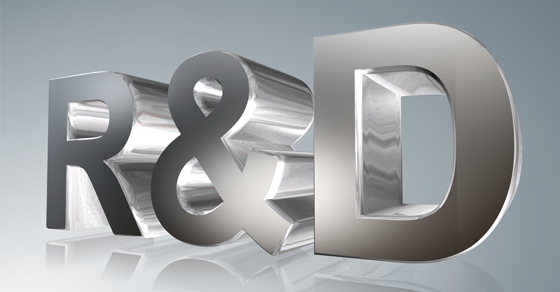A recent court decision highlights the strict eligibility criteria for the Research Tax Credit and the importance of accurate documentation and proof of innovation.
In a recent tax case, the Supreme Court declined to hear a case centered around the Research Tax Credit, which rewards companies that engage in specific types of research projects. However, the taxpayer failed to meet the requirements to claim this credit, according to previous court rulings.
The Research Tax Credit, under Code Section 41, applies only to research that meets the “business components” test. This test requires that the research be focused on discovering new, technological information that directly improves or creates a new business component, such as a product or process. However, research that is funded by external sources like grants or contracts cannot qualify.
The Claim and Its Issues
In this case, Irresponsible Taxpayer tried to claim the credit for their business, Cajun Industries, which undertook projects related to oil refinery and flood control systems. The IRS determined that these projects did not qualify for the credit and sought to reclaim the amount as an erroneous credit under tax law.
Initially, the taxpayer argued that their projects developed new “products,” which would qualify for the credit. But partway through the case, they changed their approach, arguing that their projects involved new “processes” instead. The U.S. District Court for the Middle District of Louisiana, however, rejected both arguments, noting that the taxpayer failed to demonstrate any new or improved “construction processes.”
Funding Complications
Another key factor was funding. The district court pointed out that three of the taxpayer’s projects were fully funded by third parties, and in the fourth, all expenses were reimbursed. Since funded research is not eligible for the credit, this was another barrier to claiming the tax benefit.
Appeals Court Supports IRS Decision
On appeal, the 5th Circuit Court supported the IRS and the lower court’s ruling. The court noted that Cajun Industries’ projects lacked qualifying business components and that all projects had outside funding, making them ineligible for the Research Tax Credit.
The taxpayer also argued that the court had unfairly placed the burden of proof on them to show they were entitled to the credit. But the appeals court emphasized that the IRS’s initial assessment held a “presumption of correctness.” The IRS provided around 40 pieces of evidence supporting their stance, and it was up to the taxpayer to counter that evidence, which the court found they did not do adequately.
Key Takeaways
This case reinforces that claiming the Research Tax Credit requires careful adherence to IRS rules:
- Prove Innovation: The project must create or improve a business component with technological advancement.
- Avoid Outside Funding: Research funded by external sources, such as contracts or grants, cannot qualify for the credit.
- Support Claims with Evidence: Taxpayers should prepare to support their claims with detailed, timely documentation.
Final Thoughts
For businesses hoping to leverage the Research Tax Credit, understanding eligibility requirements and documenting qualifying activities are essential. The IRS and courts strictly enforce these requirements, making it critical to prepare a strong, well-supported case when claiming this credit.
Our resource directory offers valuable links to assist in managing various financial and legal aspects of a business or individual. Consider utilizing marketplaces like IfindTaxPro, you can post your project and find the right professional for your needs. If You are a professional, looking to find clients, then sign up.








